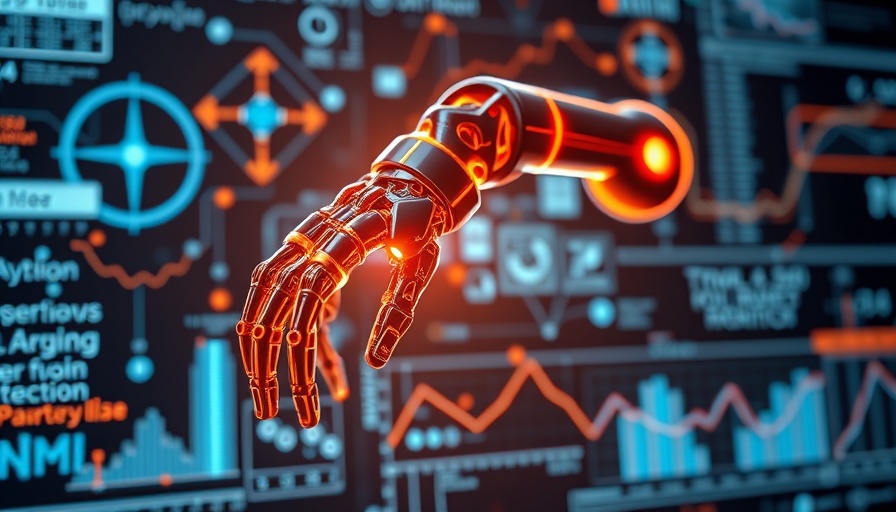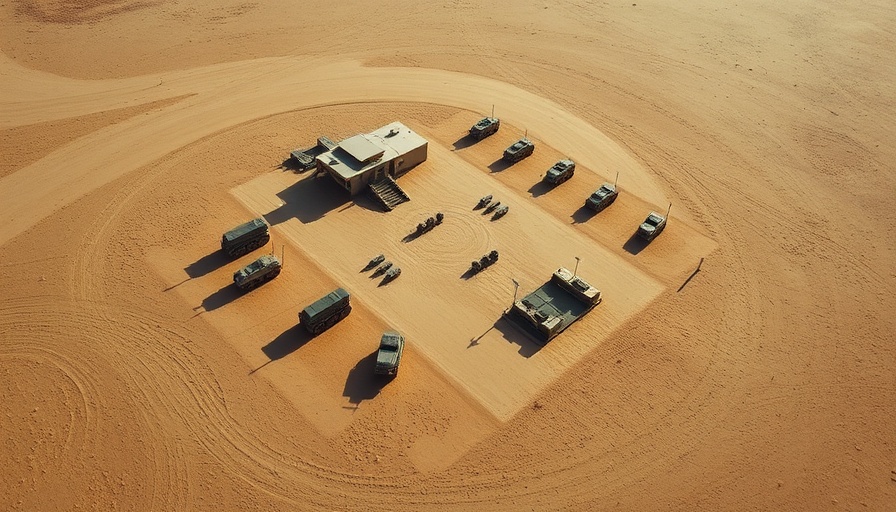
The Future of Robotics: AI Transforms Automation
The advent of artificial intelligence (AI) has ushered in a revolutionary era for robotics, where machines now possess the ability to adapt dynamically to their surroundings. Unlike traditional robots that operate based on fixed programming and rigid configurations, AI-infused robotics are evolving, enabling machines to perform tasks with enhanced autonomy and versatility.
Understanding the Impact of AI on Robotics
For years, robotics has made impressive advancements, yet the potential for these machines was often constrained by limited adaptability in unpredictable environments. To address this issue, AI technologies are being integrated into robotic systems, allowing for smarter decision-making and analysis. This shift enhances robots’ ability to assist in various sectors, from manufacturing to healthcare, significantly increasing their operational efficiency.
Real-World Applications and Innovations
As demonstrated by Professor Dan Zhang's research team at the Hong Kong Polytechnic University, innovative strategies like deep neural networks are enabling robots to perform sophisticated tasks. Their work on a grasp pose detection framework showcases the synergy between AI and robotics. By utilizing convolutional neural networks (CNNs), these robots can assess objects with high precision, calculating optimal grasp configurations that adapt to specific environments.
Enhancing Industrial Processes with Intelligent Manufacturing
This convergence of AI and robotics fosters a shift towards intelligent manufacturing, vital for the Fourth Industrial Revolution. As industries increasingly turn to automation, robots equipped with advanced learning algorithms are no longer just tools; they become collaborative partners that improve productivity and address complex challenges.
Exploring the Broader Implications of Smart Robotics
The integration of AI into robotic systems opens new frontiers but also raises ethical considerations. As these technologies become more prevalent, understanding their societal implications is crucial. Engaging in discussions around AI ethics, job displacement, and data privacy ensures that advancements in this field are aligned with human values.
Future Trends in AI and Robotics
Looking ahead, we can expect continued progress in AI and robotics, with potential applications extending into various fields such as agriculture, logistics, and even personal assistance. The emphasis on machine learning and adaptability will redefine how humans interact with machines, fostering a collaborative environment where AI can complement human capabilities.
Conclusion: Embracing the Future of Robotics
In summary, the fusion of AI and robotics presents an exciting frontier, with the potential to redefine entire industries. Stay updated and engaged with these developments, as they shape the future of work and everyday life.
 Add Row
Add Row  Add
Add 




Write A Comment